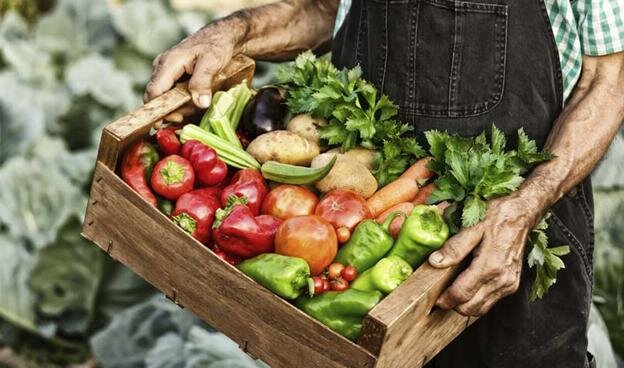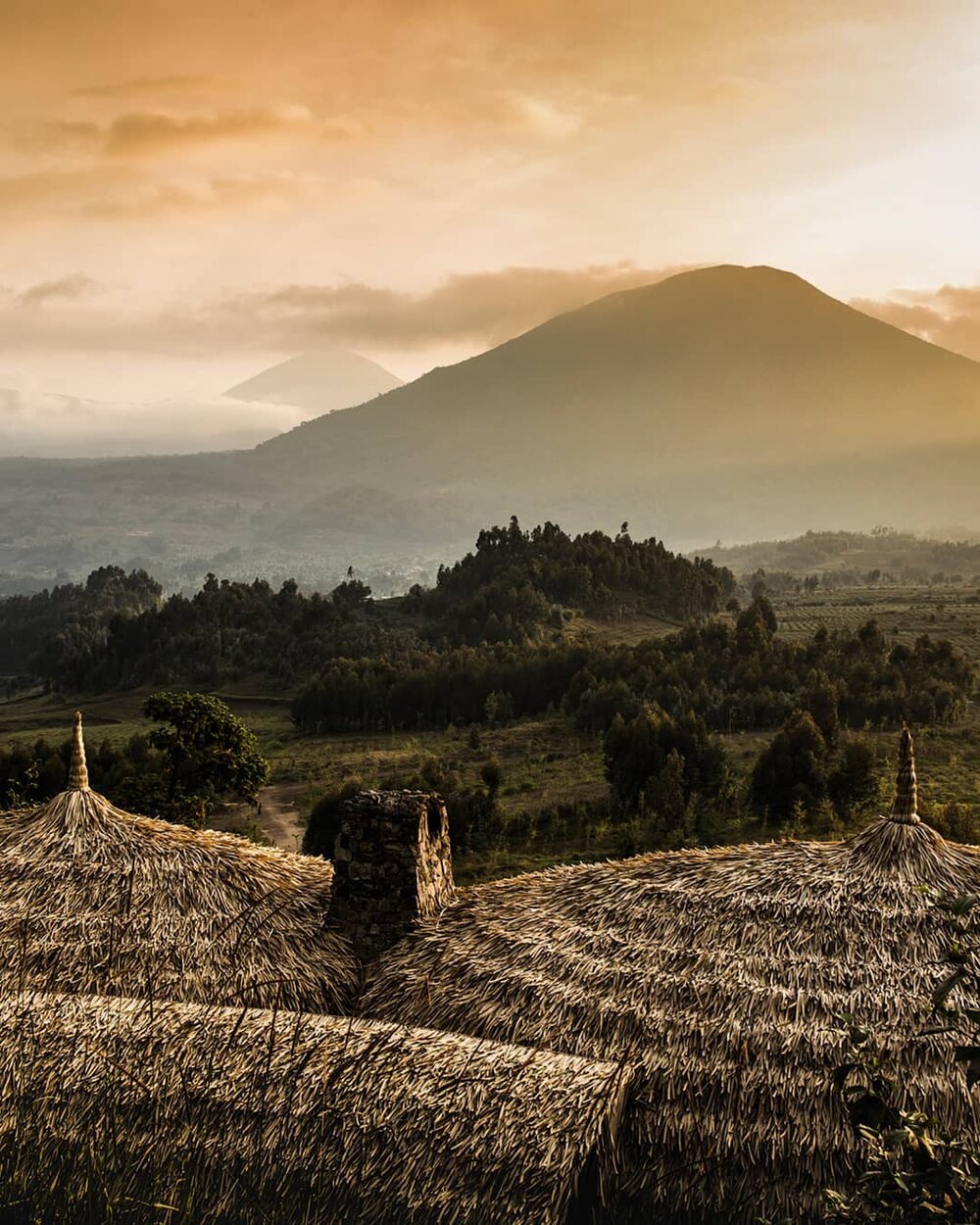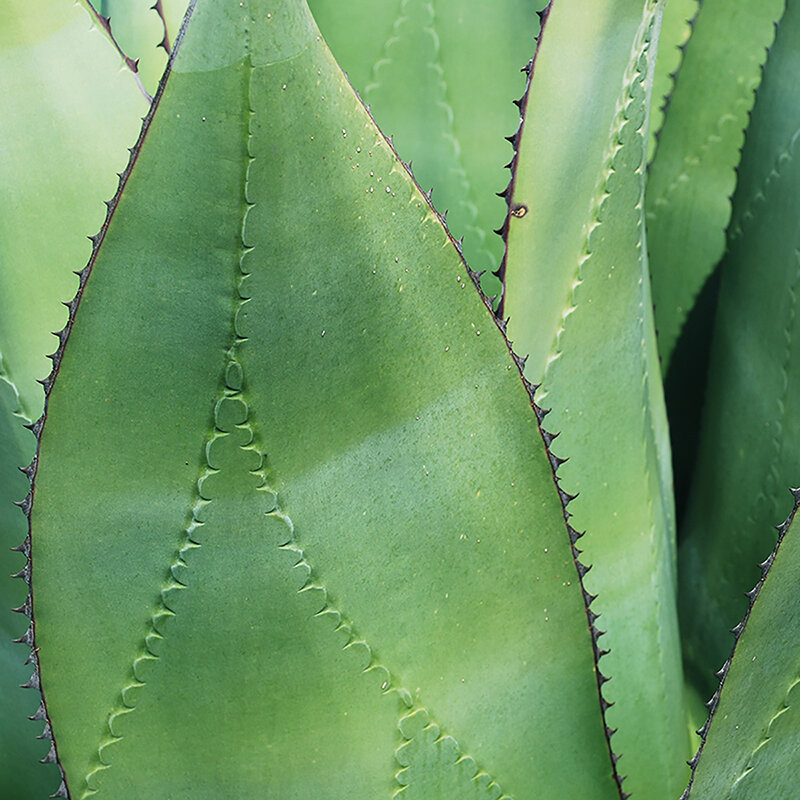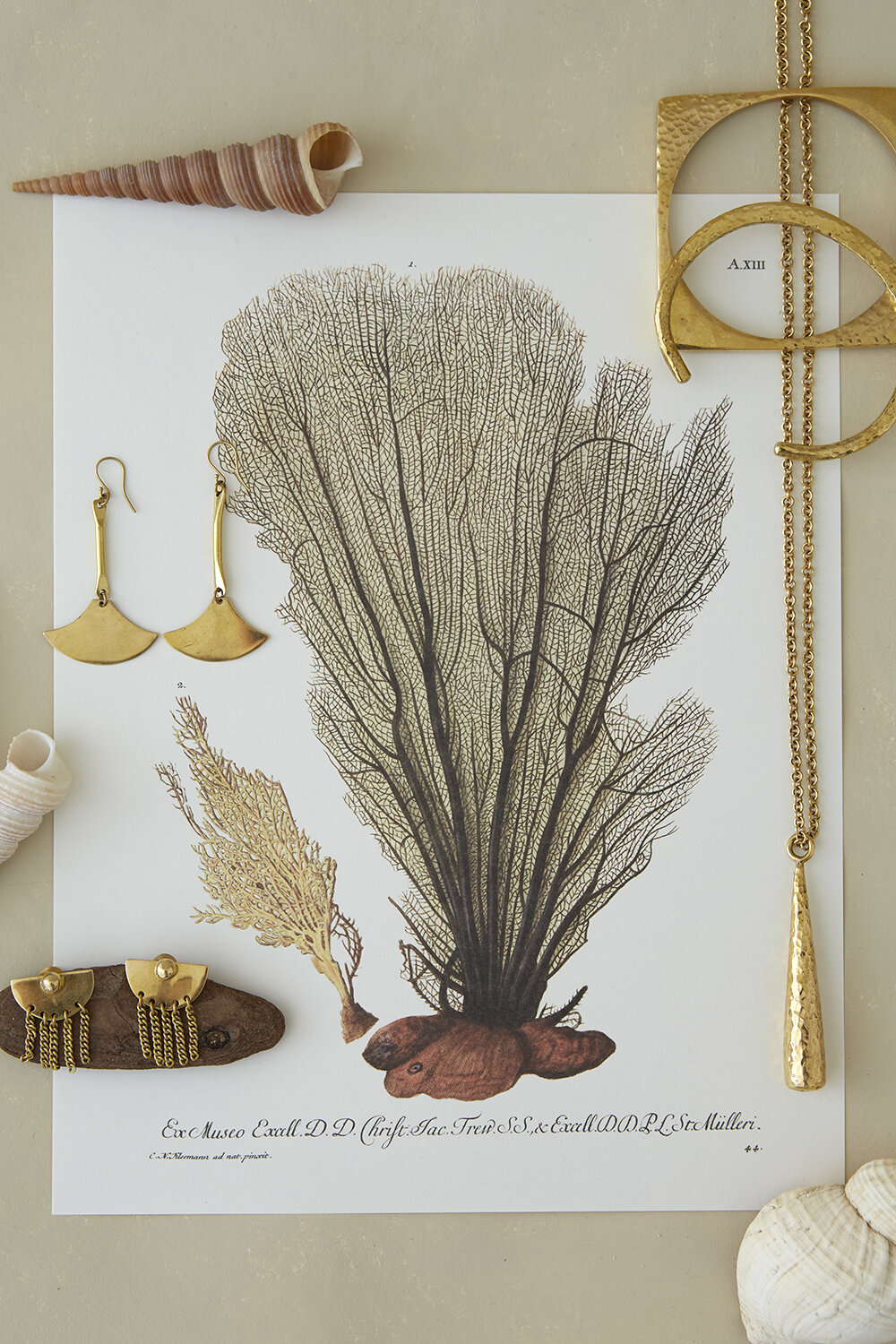As brands openly embrace themes of sustainability into their business models, we decided to do some research on the latest buzz word in sustainability: ‘slow living.’
The word ‘slow’ is everywhere, from the fashion industry to the mindfulness podcasts that we listen to on our way to work. Slow Living has come to define a movement that touches upon the core themes of sustainability in our everyday lives.
Slow Food - The Beginning of a Movement
The ‘Slow Lifestyle’ began with the food movement. When McDonalds arrived to Italy in the 1980s, Italian Chef Carlo Petrini and other food activists protested against the advent of the industrialised food industry. Their fear was that McDonald’s would ruin local food culture, regional cuisine, and the local food economy in Italy. Since then, the Slow Food Movement has grown into a global movement. Food education, fair labour, promoting small farmers, and seasonality are at the heart of this movement.
 Local produce. Photo: Italy Magazine
Local produce. Photo: Italy Magazine
Michael Pollen’s book ‘The Omnivore’s Dilemma’ and Jonathan Safran Froer’s ‘Eating Animals’ highlight the evils behind factory farming and the negative impact this has on our communities, animals, and planet. The Slow Food movement encourages us to think deeply about the food we put on our plate each night and how we can make better food choices as consumers, citizens, and activists.
The Slow Movement has trickled down into other aspects of our lifestyle. The Slow Movement encourages us to make conscious decisions in all aspects of our lives.
Slow fashion is a rejection of the constant consumption as normalised by the fast fashion industry. Fast fashion chains churn out mini-collections continuously while slow fashion brands release infrequent but timeless collections throughout the year. Slow fashion places precedence on themes like transparency, traceability, and sustainability: 1. fair labour practices in the fashion chain with an emphasis on fair trade and fair wages, 2. material awareness, using materials that minimise the impact on the planet. However, while brands can promote these themes, it’s also up to the consumer to act.
Another way to enhance the longevity of your wardrobe is to take care of your things. Ironing your clothes enhances the lifeline of the material. Every city has tailors and leather artisans who are able to repair or mend the things you wear and love. Working with local tailors and artisans for repairs also puts money into the local economy.
 MAGUEY Bag. Photo: @this.little.wandering
MAGUEY Bag. Photo: @this.little.wandering
Made Slow to Last Long
At Artisan & Fox, sustainability is at the heart of our business model. Our business model focuses on ethical sourcing in the fashion chain by giving sustainable incomes to our artisan partners.
We encourage our artisans to use eco-friendly materials; our Kenya jewellery range utilises recycled brass from Nairobi while our handwoven textiles from Guatemala and Mexico are made on looms that do not release carbon emissions. Natural fibres form the basis of our Conscious Living Range from Mexico, with our artisan partners using local plants such as Maguey and Agave which are eco-friendly and biodegradable.
The Slow Living Movement invites us to challenge our daily habits and lifestyle choices to become better citizens in our inter-connected world.

 A sunset over the Virunga Mountains in Rwanda. Photo: @tom_parker_photographer
A sunset over the Virunga Mountains in Rwanda. Photo: @tom_parker_photographer Plant-based materials for our Mexican Conscious Living Range
Plant-based materials for our Mexican Conscious Living Range Our
Our